Every week, we update this list with new meetings, awards, scholarships, and events to help you advance your career. If you would like us to feature something you offer to the bioscience community, send us an email with the subject line “For the calendar”. Offers from ASBMB members are given priority and we do not promote products/services. Learn how to advertise in ASBMB today.
July 7: Webinar on starting a new lab
The American Society for Cell Biology is hosting a webinar on July 7 titled “How to Start a New Lab: Social Media/Inclusive Hiring.” There will be three speakers, all adjunct professors at Indiana University School of Medicine: Padmanabhan Pattabiraman, Sabrina Absalon, and Evan M. Cornett. (Pattabiraman was an official tweeter for the ASBMB Annual Meeting in Philadelphia earlier this year. Read our Q&A with him.) Subscribe.
July 8: End of Imagery User Survey
The Center for Open Bioimaging Analysis manages the open source software CellProfiler and ImageJ. COBA has partnered with Bioimaging North America and the Royal Microscopical Society to create a survey to assess community needs for software and training materials. Participate in the survey.
July 10: Deadline for papers on open science policies
The Journal of Science Policy & Governance, the United Nations Educational, Scientific and Cultural Organization and the Major Group for Children and Youth announced in February a call for papers for a special issue on open science as an accelerator for achieving the Sustainable Development Goals.” The deadline for submission is July 10. To help authors prepare their submissions, the group will organize a series of webinars (April 8 and 29, May 20 and June 10) and a science policy writing workshop (March 26-27). Read the call for applications and learn more about the events.
July 12: Virtual Registration Deadline for Mass Spec Meeting
This five-day conference will be held August 14-18 in person in Cambridge, Massachusetts, and online. It will be an international forum for discussing the remarkable advances in cell biology and human proteins revealed by ever more innovative and powerful mass spectrometry technologies. The conference will juxtapose sessions on methodological advances with sessions on the roles these advances play in solving problems and seizing opportunities to understand the composition, dynamics, and function of cellular machinery in many biological contexts. In addition to celebrating these successes, the organizers also intend to articulate the urgent unmet needs and unresolved issues that will guide the field into the future. The registration deadline was July 1, but you have until July 12 to register to participate virtually. Learn more.
July 14: oral abstracts expected for transcriptional regulation meeting
This in-person meeting will be held September 29 through October 2 in Snowbird, Utah. Sessions will cover recent advances and new technologies in the regulation of RNA polymerase II, including contributions of non-coding RNAs, enhancers and promoters, chromatin structure and post-translational modifications, molecular condensates and other factors that regulate gene expression. Patrick Cramer from the Max Planck Institute will present the keynote address on the structure and function of transcriptional regulatory complexes. The deadline for abstracts of oral presentations is July 14. The deadline for abstracts for poster presentations is August 18. Learn more.
July 15: Deadline to apply for the Colorado PRIDE – AGOLD program
Head to beautiful Denver, Colorado for a summer experience as a PRIDE (Programs to Increase Diversity Among People Engaged in Health-Related Research) Fellow. PRIDE is an initiative of the National Heart, Lung, and Blood Institute that trains junior faculty from underrepresented and/or disabled backgrounds to advance their scientific careers and make them more competitive for external research funding . The University of Colorado PRIDE (led by Sonia C. Flores, who also chairs the ASBMB’s Minority Affairs Committee) is one of nine national PRIDE sites. It focuses on “the impact of ancestry and gender on the omics of pulmonary and cardiovascular disease” (which is why it’s called PRIDE-AGOLD). The program consists of two back-to-back summer institutes (two and one week, respectively) that provide comprehensive formal instruction in multi-omics, data science, and bioinformatics, with an emphasis on data-based interpretations. ancestry and/or sex; career development and grant application tools; pairing with expert mentors; and pilot funds to develop a small research project. Learn more.
July 28: Virtual presentations on COVID-19 and women
The National Institutes of Health’s Office of Women’s Health Research offers a free quarterly lecture series called “Diverse Voices: Intersectionality and the Health of Women.” The July 28 event will include presentations by Heather Shattuck-Heidorn of the University of Southern Maine and Stephaun Wallace of the Fred Hutchinson Cancer Research Center. Register.
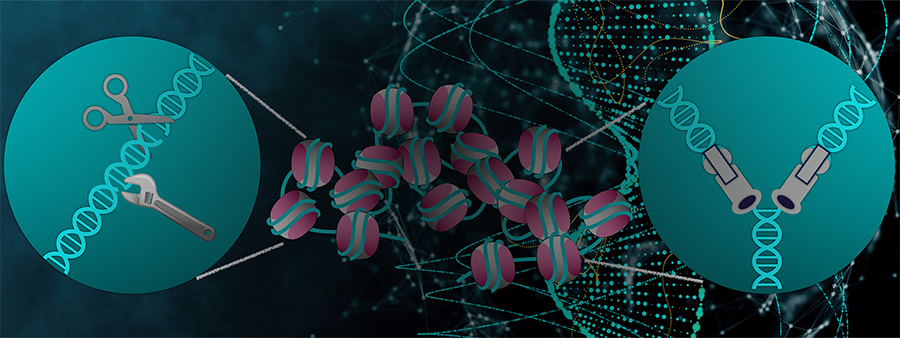
August 2: Abstracts expected for Epigenetics and Genome Stability meeting
Most epigenetics and chromatin meetings focus on transcription, while most genome integrity meetings pay little attention to epigenetics and chromatin. This conference in Seattle will fill this gap to connect researchers interested in epigenetic and chromatin regulations with those interested in genome integrity. The deadline for oral and poster abstracts and the early bird registration deadline is August 2. The regular registration deadline is August 29. Learn more.
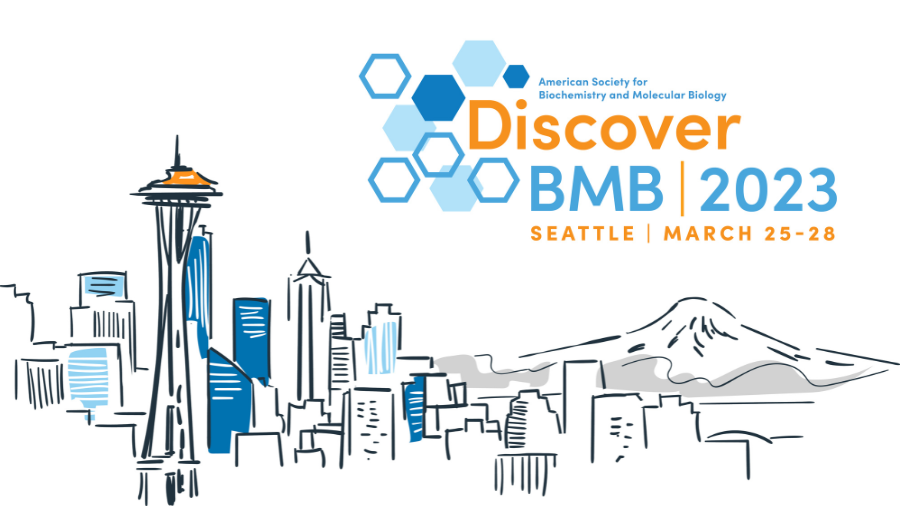
August 15: Workshop and interest group proposals due for #DiscoverBMB
For Discover BMB, the annual meeting of the ASBMB in March in Seattle, we are looking for two types of proposals:
September 28: Deadline for the new HHMI Freeman Hrabowski Fellowship Program
In May, the Howard Hughes Medical Institute launched an approximately $1.5 billion program to “help build a scientific workforce that more fully reflects our increasingly diverse country.” The Freeman Hrabowski Fellowship Program will fund 30 fellows every two years, and each appointment can last for up to 10 years. This represents up to $8.6 million in total support per fellow. HHMI welcomes applications from scholars “who are strongly committed to advancing diversity, equity, and inclusion in science.” Learn more.
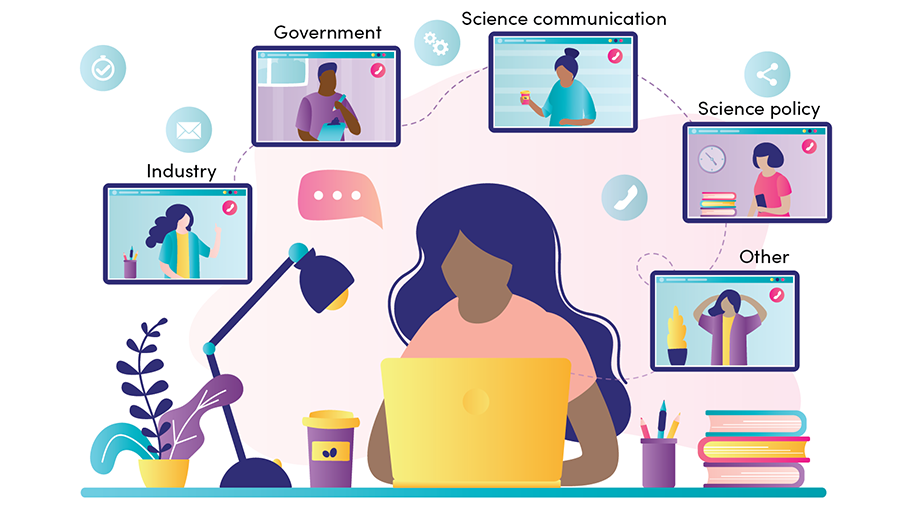
November 2: ASBMB Virtual Career Fair
Save the date for the ASBMB careers exhibition. This virtual event aims to highlight the diversity of career choices available to modern biomedical researchers. Regardless of your career stage, this exhibition will provide you with a plethora of career options to explore while simultaneously connecting you with professionals skilled in those careers. Each 60-minute session will focus on a different career path and will include breakout rooms with professionals from those paths. Participants can choose to meet in a small group with a single professional for the entire session or move freely between breakout rooms to benefit from the advice of several professionals. The sessions will feature the following five sectors: industry, government, science communication, science policy and others. The exhibition will take place from 11 a.m. to 5 p.m. Eastern Time on November 2. Stay tuned for a link to register!
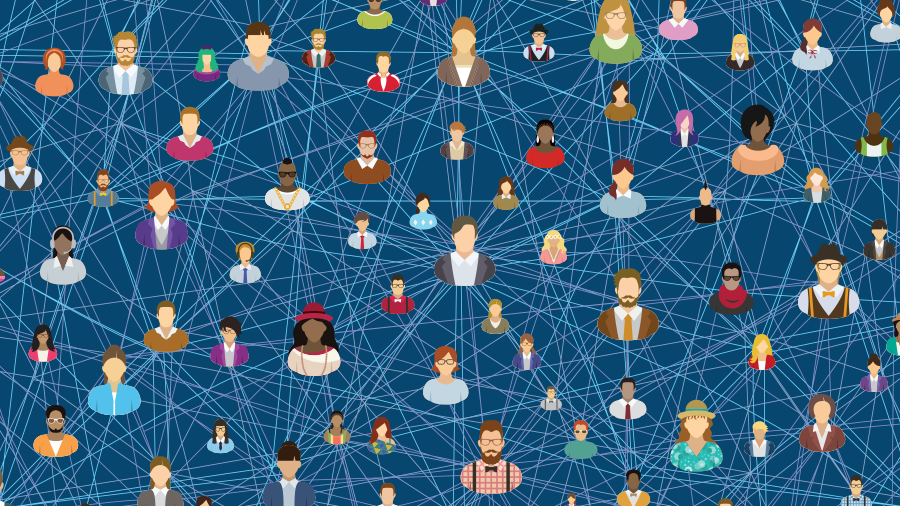
Call for proposals for virtual scientific events
The ASBMB provides members with a virtual platform to share research and scientific achievements and to discuss emerging topics and technologies with the BMB community.
The ASBMB will manage the technical aspects, market the event to tens of thousands of contacts and present the digital event live to a remote audience. Additional tools such as polls, Q&As, breakout rooms, and post-event Twitter chats can be used to facilitate maximum engagement.
Seminars usually last one to two hours. A workshop or a conference can be longer and even last several days.
Potential organizers can submit proposals at any time. Decisions are usually made within four to six weeks.
Propose an event.
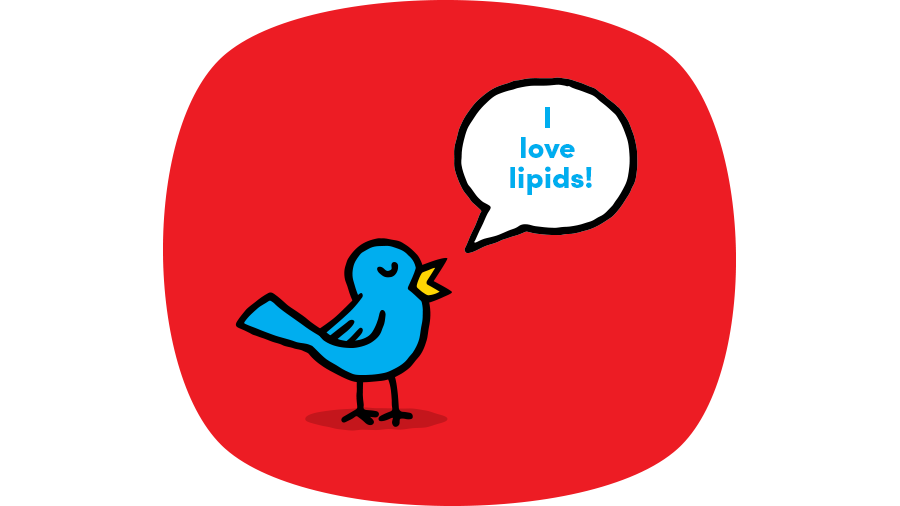
Take over JLR’s Twitter account
If you are a graduate student, postdoc or early career researcher interested in hosting a #LipidTakeover, complete this application. You can spend a day tweeting from the Journal of Lipid Research account (@JLipidRes) about your favorite lipids and your work.
IUBMB Relocation Assistance for Displaced Interns
The International Union of Biochemistry and Molecular Biology is offering $500 to graduate and postdoctoral students displaced from their laboratories due to natural disaster, war, or “other events beyond their control that interrupt their training.” . The money is used for travel and settling. Educate yourself and spread the word to those who might need help.

